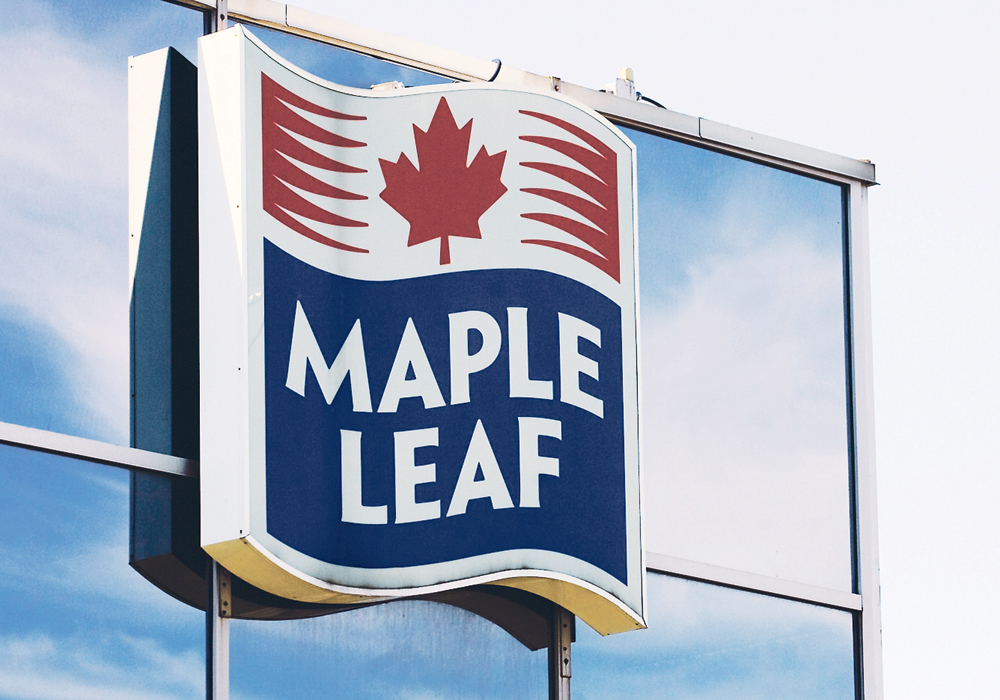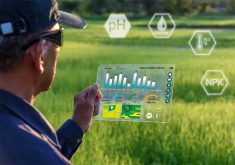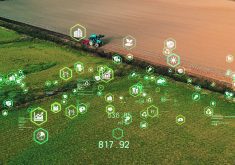Maple Leaf Foods is the second North American meat processor to fall victim to a ransomware attack in the last two years
Maple Leaf Foods confirms that a cybersecurity problem is causing system outages that will take time to resolve. The parent company of major supermarkets Sobeys, Safeway and IGA is also experiencing issues.
Details are scant from both companies with Maple Leaf stating it will take time to investigate and resolve impacted services. Empire Co., which operates Sobeys, said it has been impacted by an IT issue that is causing minor delays for in-store service.
Cybersecurity consultant Brennen Schmidt said details of digital security attacks are not usually disclosed by companies to avoid exposing potential vulnerabilities in a company’s infrastructure.
Read Also

Alberta crop diversification centres receive funding
$5.2 million of provincial funding pumped into crop diversity research centres
“As frustrating as it is to have this stuff under a cloud of silence, it does not negate the importance of making sure governance risk and compliance is at the top of everyone’s mind, including those in agriculture, whether it’s a producer or a very large enterprise,” said Schmidt.
The incident involving Maple Leaf is the second to publicly target a major food processor following a ransomware attack against multinational JBS Foods in May 2021.
Recent indications of cybersecurity attacks on critical infrastructure such as food supply chains should motivate companies to reassess their defences, said Schmidt.
“It seems when it comes to making sure that we’re looking at how these systems operate under a lot of stress or they are deliberately attacked, that’s a prime opportunity for us to start getting the sector as a whole to start getting together at the same table to go through some tabletop exercises or simulations of what this stuff looks like.”
Food supply chains operate through numerous different systems along the chain before reaching consumers, Schmidt said.
“What’s compounding this issue is you have a lot of services that are operating and delivering important things that you don’t necessarily know about,” he said.
That interconnection has some cybersecurity proponents recommending a computer system health designation, similar to nutritional labelling on food products, to identify problems.
“Let’s say there is a piece of code folks generally know is vulnerable, it would be a lot easier to identify it and potentially put some resources into either shoring up those defences or seeing if you can do a rewrite in order to address the issue,” Schmidt said.
In addition to food supply chains, farm equipment is now also largely based on computer technology, which could potentially be affected by hacking attempts.
“If I was a farmer, I would love to know what kind of security safeguards are being put in place by the manufacturer,” said Schmidt. “These are the kinds of questions that I think farmers and ag specifically is going to have to ask, especially as they start seeing the adoption of technology more and more.”
In a news release, Maple Leaf said it “will continue to work with all its customers and suppliers to minimize these disruptions in order to continue delivering the nutritious food people need”
Empire Co.’s release on its issues stated the company “is making significant progress in reducing the impact of this disruption. At this time it is unable to determine when all issues affecting its systems will be fully resolved.”
















